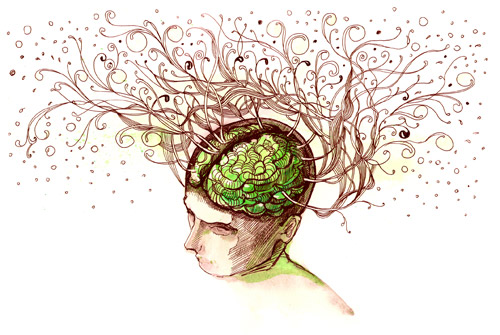A growing body of evidence is demonstrating that one simple practice called “Mindful Self Compassion” helps to address the most common pain points of the human experience in today’s world. Almost all of which are rooted in one underlying emotion: FEAR.
Watch as Akasha Center’s Dr. Swati Desai introduces us to the concept by providing easy to relate to examples, and how MSC can be used to prepare us for anything:
https://youtu.be/ID8lrqM8_i0
Do you find yourself being very hard on yourself when something goes wrong? Do you find yourself avoiding situations, or people, or avoiding taking risks even if it meant going closer to your dreams? Do you find yourself to be a people pleaser that you feel afraid of any criticism? This may be coming from one fear: Am I good enough?
I have been practicing as a psychotherapist for almost 20 years and for ten years I have been teaching Mindfulness for managing difficult emotions. I work with adults of all ages and all professions. I have noticed one thing that dominates the mind of a lot of people, including people I know outside of my profession: am I really that good? And boy, whether you are successful or still struggling, this question has a lot of painful implications for us.
Let me give you two examples:
Ann was suffering, not only because her husband of 25 years had left her, but because she kept talking about how she felt so unattractive and old and listing all the things she did wrong. She felt very disappointed in herself. The pain of her loss had increased multi-fold because of the self doubts and self blame.
George was ambitious, successful, and always had a very high self-esteem. But in order to feel good about himself, he needed to feel superior to others. Not only it made it hard for him to relate to friends, his relationships with his girlfriends would break up because “he was too full of himself”. One day his fears of “losing it all” came true and he was kicked out of his job because of company politics, he just dived into a pothole of humiliation and depression, it made it hard for him to use his vast network to look for another job. He isolated himself even more. Enormous suffering.
I add can several more such examples. When “unrecognized” and “untreated”, the implications for the affliction “Am I really that good?” can be plenty.
If you are raised in a highly critical environment, you may have a critical voice installed in your head that is always assigning blame to you when something goes wrong. You may even begin to believe that the way to “improve” or “to motivate” yourself to achieve anything is to be always vigilant of your own mistakes. Self-criticism works in small doses but then it can be paralyzing.
You may become afraid of failing or taking any risk. Fear of failure can be crippling. Sometimes, you may be suffering from unwarranted guilt and shame.
If you were raised with the belief that you were “special” or “above average”, you may suffer from the need to remain special by feeling better than others. This creates its own problems because you may never be sure of your own success. And this can be detrimental to having empathic and good relationships with others.
If you are a people pleaser, it is even worse! Sometimes you may not know what you really want for yourself, outside of what pleases others: parents, authorities, friends, and spouses. It also makes it hard to hear any criticism.
What is the antidote to this?
Increasing body of research is showing that self criticism or excessive self-love does not work well in crisis situations neither do they serve as long term constructive and good motivators. Research has also shown two specific tools that can be immensely useful in dealing with this: Mindfulness and Self-Compassion.
They get you ready for everything, failure and success! The highs and lows.
They will not only soften the blow of making mistakes or failing, but they will also teach you how to use failure as a stepping stone to go to the next step in life, stronger and more harmonious. The path of life has mountains and valleys.
If you find yourself fallen in the valley, don’t get stuck there, find the next mountain to start climbing. When you reach the top of a mountain, be mindful of the joy.












